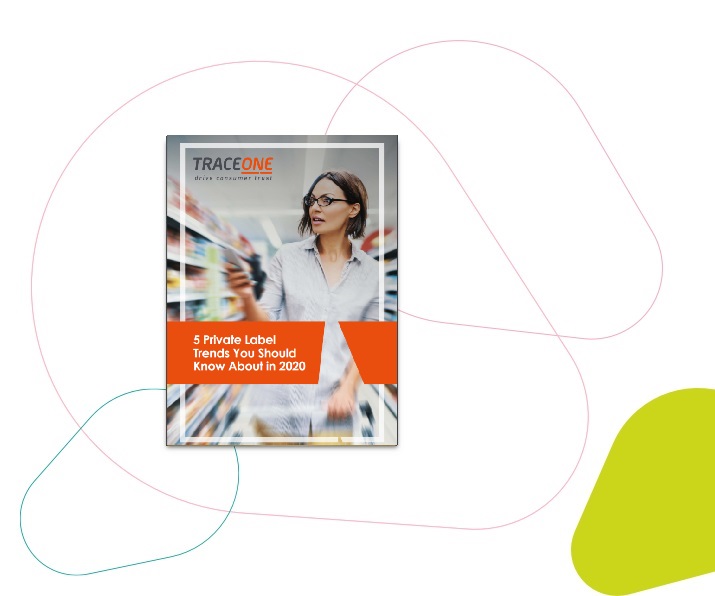Demand for Private Label products continues to soar in global markets, as Private Label sales are outpacing national brand sales. In our last report, discover the 5 trends retailers and Private Label manufacturers must know to innovate and lead through Private brands.



Dollar sales of Private Label brands continue to outperform national brand sales, growing 5.8% (vs. 1.5% for national brands) year-over-year, which totaled $128 billion in 2018. Notably, between 2013 and 2018, the mass channel’s dollar volume of private label grew more than 40% to nearly $61 billion, dwarfing national brands’ 7% growth. Among leading global markets for Private Label, Spain takes top place (with 51% market share), followed by the U.K. (47%) and Germany (45%).



As global headlines warn about the risks of climate change and plastic waste, more retailers now strategically align their product assortments with consumers’ values, including sustainability. More shoppers around the world show a willingness to change how and what they consume to minimize the long-lasting adverse effects on the environment.
Plant-based products have evolved from a niche fad to a mainstream movement. That’s because a growing number of comparatively carnivorous consumers are shifting away from animal meats, creating increased demand for plant-based meat. The market for this category now extends beyond vegans and vegetarians, as more than 50% of meat-eaters now buy plant-based proteins.
More consumers seek premium Private Label products as affordable luxuries. A recent report found 20% of sales growth in Private Label comes from premium products, which can differentiate their offerings with high quality.20. Another survey found consumers buy premium products because they make them feel good (52%) and confident (50%), and this upscale merchandise conveys to other people that they have good taste (45%) and are successful (41%).

Fill the form and get our free white paper.